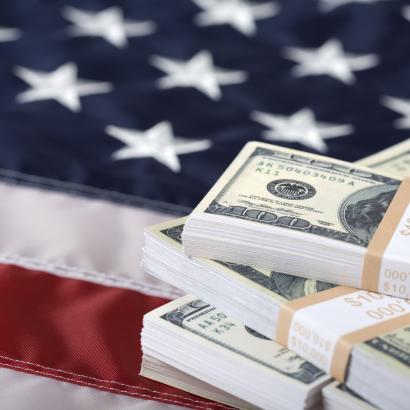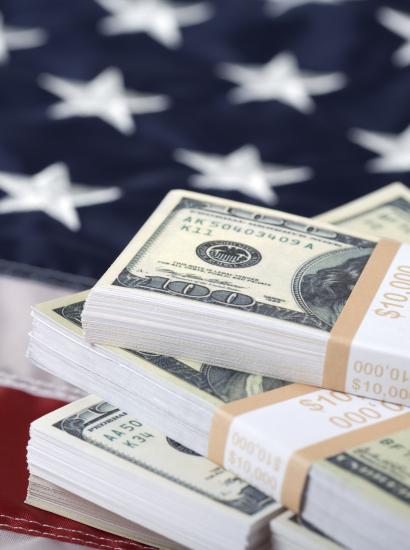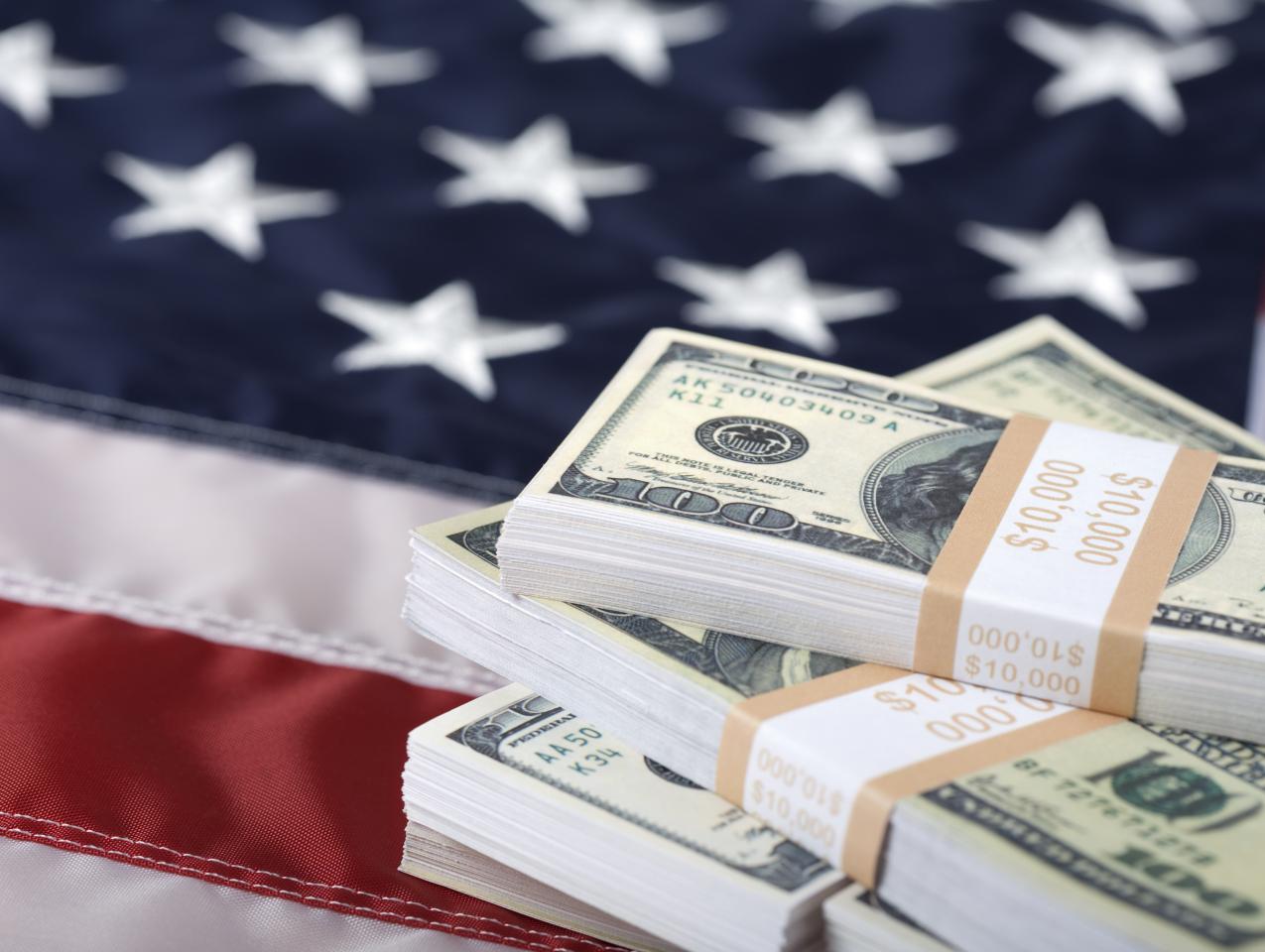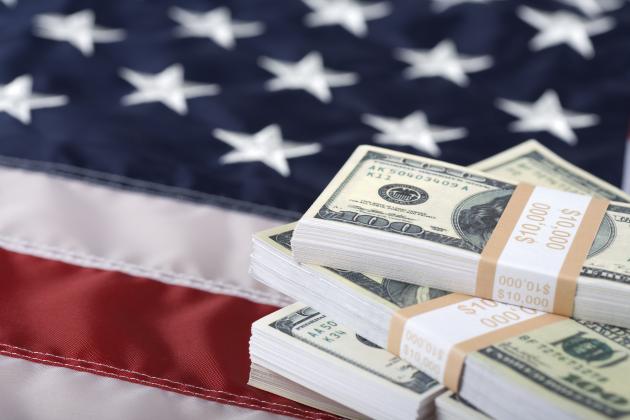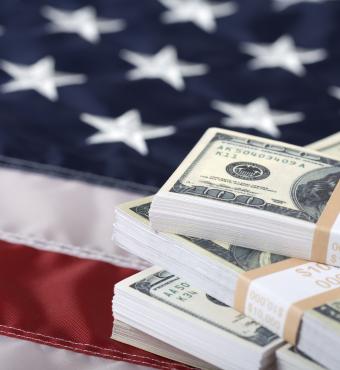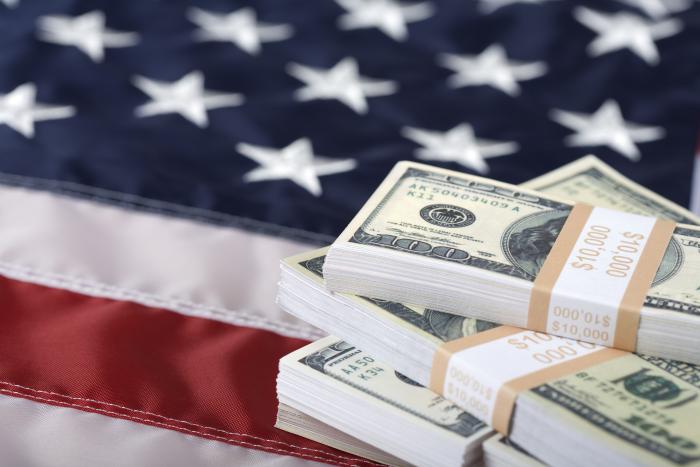- Economics
- US Labor Market
One of Ayn Rand’s best scenes in her novel Atlas Shrugged has her hero Francisco d’Anconia complete the statement of one of her villains with a surprise ending. Villain James Taggart states:
“We will liberate our culture from the stranglehold of the profit-chasers. We will build a society dedicated to higher ideals, and we will replace the aristocracy of money by—”
“the aristocracy of pull,” interjects [Francisco] d’Anconia.
Ayn Rand was getting at two things. First, she was saying that those who make a lot of money in a free society do so by producing goods or services that consumers value highly. But I’m pretty sure, having read almost all her fiction and nonfiction, that Rand would not have accepted the term “aristocracy of money” to describe the laissez-faire economic system she favored. “Aristocracy” normally refers to a form of government in which a small elite calls the shots; Rand wanted a government that called very few shots.
Second, and more important in this context, Rand was saying that if you replace a society in which people are free to make contracts with one in which the government interferes, inevitably political pull will be more important. So, for example, if a government sets tariffs on certain imports but grants exemptions to some importers, the people and companies that get to be the exempt importers will disproportionately be those who have some connection with the decision makers in government.
Why do I write about this now? It’s because, as I follow economic policy in the United States, I see the aristocracy of pull becoming ascendant.
The Lockdowns
When most governors imposed severe lockdowns on their states’ residents, those lockdowns generally included closure of restaurants except for takeout and, later, for outdoor dining. Whatever the merits of those measures, those were common measures that governors imposed.
But guess who got to ignore California’s restaurant-closing measure? That’s right: Governor Gavin Newsom. On October 9, 2020, his own Department of Public Health issued a prohibition on gatherings of more than three households. But on November 6, less than four weeks later, Newsom was seen at an expensive restaurant attended by at least twelve people, celebrating the birthday of a lobbyist.
Newsom did what politicians often do when caught: he lied. He claimed that the dinner had been outdoors. But photos showed his claim to be false. Then Newsom did what politicians often do when caught in a lie: he apologized. Although I may have missed it, I don’t recall his expression of sympathy for others who might have wanted to celebrate birthday parties indoors with people from multiple families.
Newsom and his staff set the rules for all of us and expected us to obey them. But Newsom exempted himself and his friends and apologized only when caught. That is the aristocracy of pull.
The Student Loan Debacle
Sometimes those with pull are a much larger group. Consider one of the most recent economic policy choices: President Biden’s unilateral decision to forgive students loans of up to $10,000 for some students and up to $20,000 for others. It wasn’t based on need, because a more tightly targeted loan forgiveness program could easily have been focused on lower-income people. Any individual whose income is under $125,000 qualifies, as does any member of a married couple whose joint income is under $250,000. To put that in context, in 2021, only about 6 percent of US households had income above $250,000.
Why would Biden choose a policy that arguably transfers wealth to a large swath of relatively wealthy people? The answer is fairly clear. Biden desperately wants to retain a Senate in Democratic hands after the November elections and he may even think the Democrats have a shot at holding on to the House of Representatives. But to achieve these goals, he needs to motivate many members of the educated class, who disproportionately vote for Democratic Party candidates. In 2020, for example, 60 percent of college graduates voted for Biden. By definition, if you have student loans, you are part of the “educated class.” I’m including those who didn’t finish college but who also have unpaid loans.
These millions of voters have political pull. Biden recognizes that fact and he and his advisers also recognize that motivating even a few thousand voters in each of a dozen or so congressional districts could limit the number of Democratic House losses. Also, motivating 20,000 or so voters in each of a few Senate races could help the Democrats hold the Senate.
Go back to James Taggart’s statement at the top of this article. Biden did not replace contract with “higher ideals.” Instead, he made a crass political decision that favored those who had sway with the Democratic Party over those who didn’t. He substituted pull for contract.
Dictating Terms of Labor Contracts
One of the most egregious recent instances of substituting political pull for freedom of contract is California’s Fast Food Accountability and Standards Recovery Act, which Newsom signed on Monday. The act will create a ten-member “council” consisting of four representatives of fast-food restaurant franchisors and franchisees (two each), two representatives of fast-food restaurant employees, two representatives of “advocates for fast-food restaurant employees,” which presumably means labor union officials, and one representative each from California’s Department of Industrial Relations and the Governor’s Office of Business and Economic Development. This council will have a great deal of power to set wages and working conditions for fast-food restaurants in California.
Under the bill, California’s governor gets to appoint eight of the ten, and the speaker of the assembly and the Senate Rules Committee each get to appoint one “advocate” for fast-food restaurant employees.
While many people have reported that the council will set a whopping $22 an hour as a minimum wage, this isn’t quite true. The bill states that in 2023 the highest minimum wage set by the council “shall not be greater than twenty-two dollars” per hour. While it’s anybody’s guess what minimum wage the council will set, we can be fairly confident that it will be well above the minimum wage currently in law for 2023, which is $15.50.
Economists know what happens when governments raise minimum wages. In the simple model that we teach our students, employers lay off workers whose productivity isn’t high enough to match the higher minimum wage and employers also adjust by making production more capital intensive. We often point out that the minimum wage law doesn’t guarantee a job; all it guarantees is that if you get a job, it will pay the minimum wage. But for workers who are relatively unskilled, that’s a big “if.” It’s precisely the requirement that they be paid the minimum wage that makes them less likely to get or keep a job.
But some economists also teach a more complex model that more completely fits the reality of the labor market. They point out that the wage is only one part of the compensation package. Other components are employers’ contributions to health insurance and retirement plans, and general working conditions: free food for employees, flexibility so that employees can deal with sick children, etc. When the government sets a high minimum wage, employers can reduce those benefits. Critics of this view might argue that employers of unskilled workers do not give a lot of fringe benefits. But that actually helps make the economists’ case: the higher the minimum wage, then, all other things equal, the skimpier the fringe benefits.
One huge benefit to low-skilled workers of having a low minimum wage is that it gives them more flexibility in their choice of jobs. Does a worker want a job for which the employer pays well above the minimum wage but doesn’t offer health insurance? That could make sense for someone whose spouse gets health insurance on her job. Does the worker want a job for which the employer pays only the minimum but offers health insurance? That could make sense for someone whose spouse doesn’t have health insurance.
It’s true that lower-income, low-wage workers have fewer options than those of us who are much better off. But that makes it all the more important not to limit their few options with regulation.
Writing about the proposed California law in the Washington Post, Katrina vanden Heuvel, editor and publisher of the Nation, asserts that the act “would grant California’s fast-food workers a long overdue seat at the table.” But that’s not accurate. Every fast- food worker has a seat at the table now. How so? By having a choice about whether to work at a fast-food restaurant or to work somewhere else. Again, their choices are more limited than the choices faced by those of us who are better off. But the point is that they have some choices.
And it’s precisely by giving the proposed council a large say about their working conditions that the act will limit their choices. They are not the ones at the table. The act will, to some extent, replace contract with political pull.
In the 1930s, in a play on Broadway called Ballyhoo of 1932, actors Willie and Eugene Howard did a famous skit. In the skit, a speaker, wanting to persuade his audience of how great communism would be, shouted, “Come the revolution, everyone will eat strawberries and cream.” One member of the audience yelled back, “But I don’t like strawberries and cream!” The speaker responded, “Come the revolution, you’ll eat strawberries and cream—and like it!”
I think of that when I think of the fast-food council. This council will make decisions for thousands of employers and hundreds of thousands of employees. It’s true that many employees might like the decisions. But it’s also true that many employees might dislike the council’s narrowing of their options. In a world of heterogenous tastes, many employees might not “like strawberries and cream.”
Conclusion
When governments heavily regulate the economy, political pull displaces freedom of contract. The pull can be narrow, with those in power exempting themselves from the rules. Or it can be broader, as in the student loan and fast-food employment cases. Either way, we get “the aristocracy of pull.”








